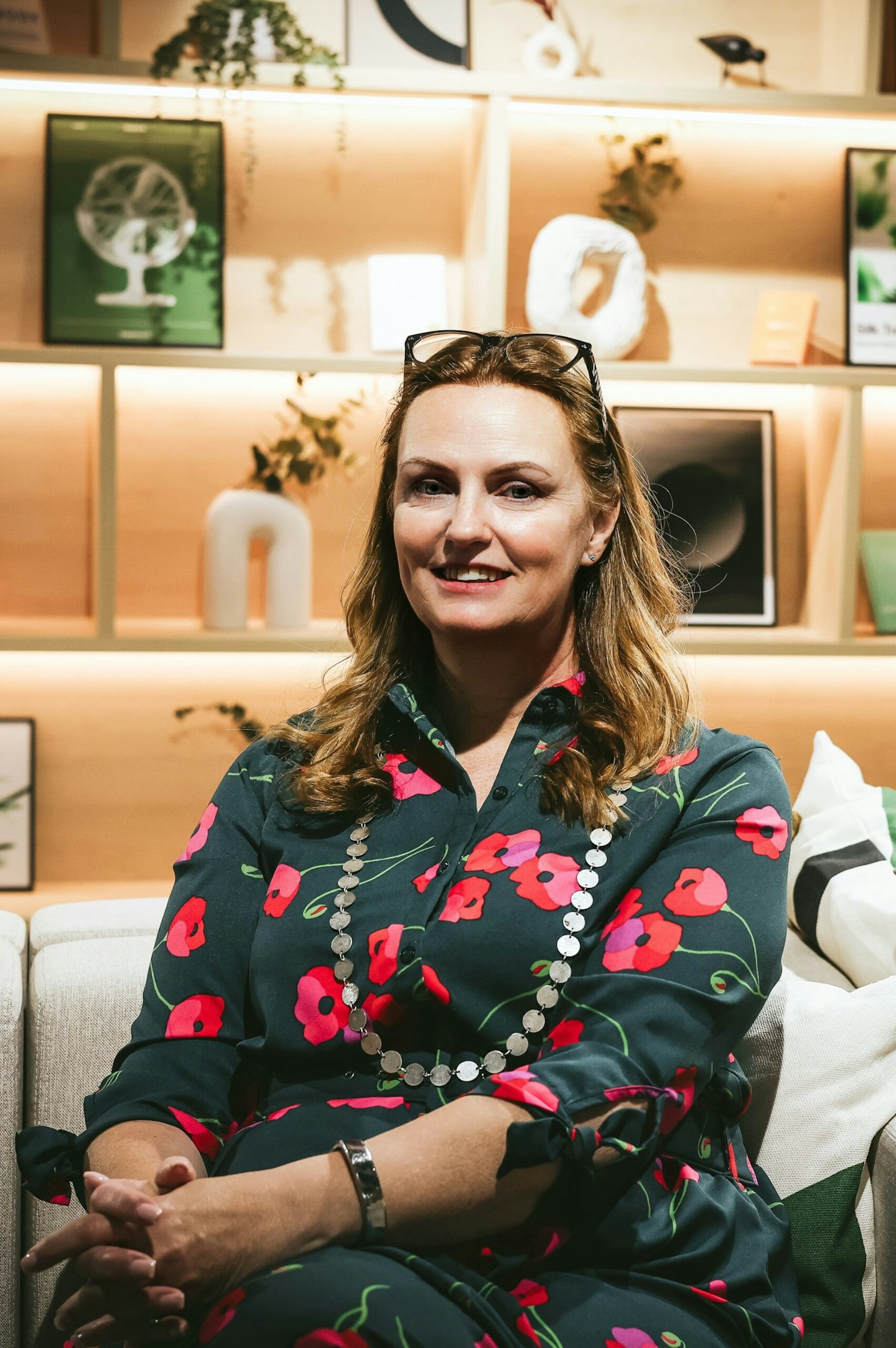I have a confession… I’m a psychotherapist, working with children, and I still have moments when I snap at my son. When the radio’s blaring, the dog’s barking and I’m in the middle of cooking dinner, I don’t always give him my best or full attention. That’s because being a parent means being human – and humans are inherently imperfect.
From tantrums at the supermarket to teenage mood swings, things happen all the time that make us worry we have somehow failed our kids – that we’re ‘not very good at this parenting malarkey’. But, before you sink further into parental despair, I have good news... Research says you don’t have to get it perfect – not even close.

The 30% rule
Dr Dan Siegel, a leading researcher in child development and co-author of The Whole-Brain Child, has shed light on what it really takes to raise healthy, well-adjusted children. His research reveals an incredibly comforting finding: We only need to get parenting right 30% of the time for our kids to thrive. (Yes, you read that correctly.) This means you can mess up – a lot – and your child will still be just fine.
Why 30% works
Let me be clear, the 30% rule isn’t a free pass to neglect your kids. It is a reminder that consistent efforts matter most.
Dr Siegel explains that children don’t need a flawless upbringing to develop a secure attachment to their parents. What they do need is a relationship that is responsive and attuned to their emotional needs.
Siegel also reminds us that children are resilient. They don’t need you to handle every single situation brilliantly, or to always have cookie-cutter answers. They just need to see that you are trying. They want to feel heard, seen and understood – at least 30% of the time.
No manual for parenting (and that’s okay)
Parenting isn’t a one-size-fits-all endeavour. If you had a manual for your first child, you would probably have to throw it away when your second one came along. Every child is different; every stage presents new obstacles; and every parent has their own strengths and weaknesses. It is up to us to meet every child where they are at and, the truth is, no two kids are the same. What worked for one might not work for another. What worked last week might not work today. Parenting is exhausting, which is why it’s so reassuring to know that perfection isn’t required.
It’s okay not to be perfect
Parenting is about being present, doing your best (even on the messy days) and showing up consistently. It is a marathon, not a sprint. What truly matters is that, in the long run, you're headed in the right direction.
We live in a world where every misstep seems magnified – thanks to social media, parenting blogs and well-meaning family members. But there is always a moment when you can smooth conflicts over. I recommend the ‘ABC approach’. Firstly, Apologise for the snappiness, shouting etc. Be Present – listen to what they are actually saying, with no distractions; then, Connect – offer an age-appropriate explanation, reassure them of your love and model that healthy emotional repair.
For me, that might involve turning the radio off, putting the dog in the crate and dinner on hold. I would then sit down, apologise to my son and listen about his day – reassuring him that he is my priority. To finish, a hug or pat on the back is a great way to soothe the nervous system for both parties and helps our children to feel safe.
The bottom line: It’s not about perfection
You don’t need to get everything right to raise healthy, happy children.
It is okay to have the occasional adult argument in front of your kids, and to express normal human emotions such as frustration.
The key, however, is to show your children what reconciliation looks like; then give them the tools to recover relationships themselves.
On the days when you feel like you are barely holding it together, call Siegel’s rule to mind; then the ‘ABC’ if you need it. Even if you’re not doing everything right, you’re still doing more than enough – and 30% is a pretty good place to start.
Ashley Costello is a psychotherapist, TEDx speaker and the author of A Parents’ Guide to Raising a Resilient Kid. Her mission is to future-proof the next generation by helping parents raise grounded, emotionally resilient children.
